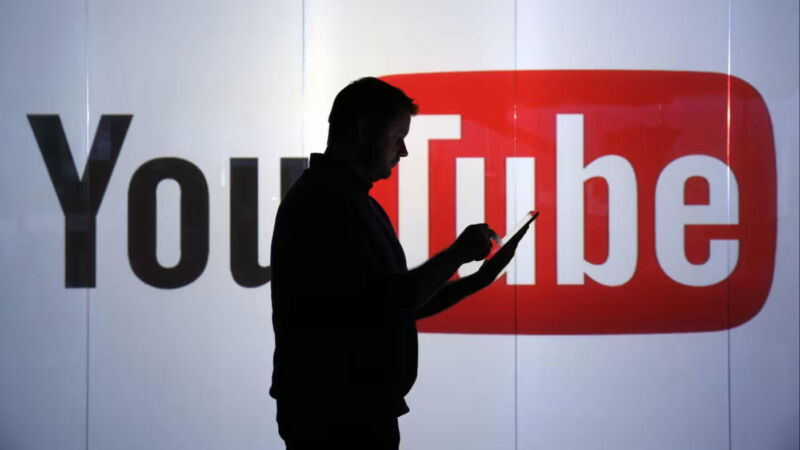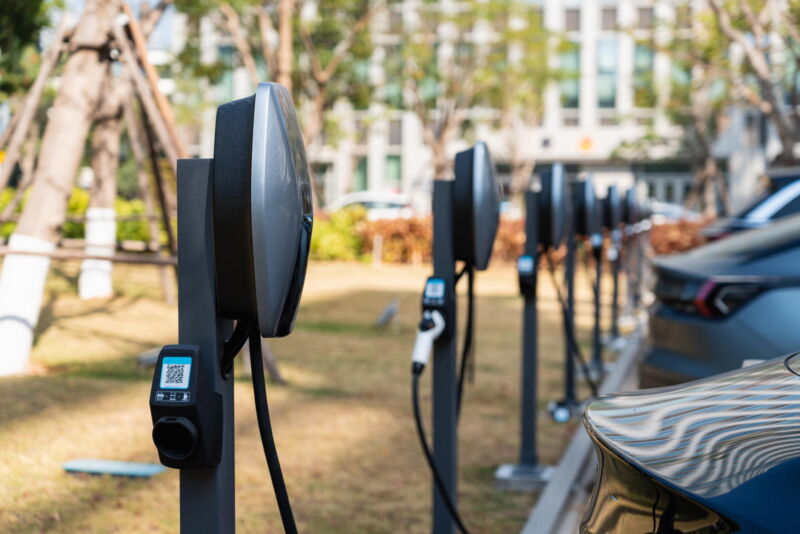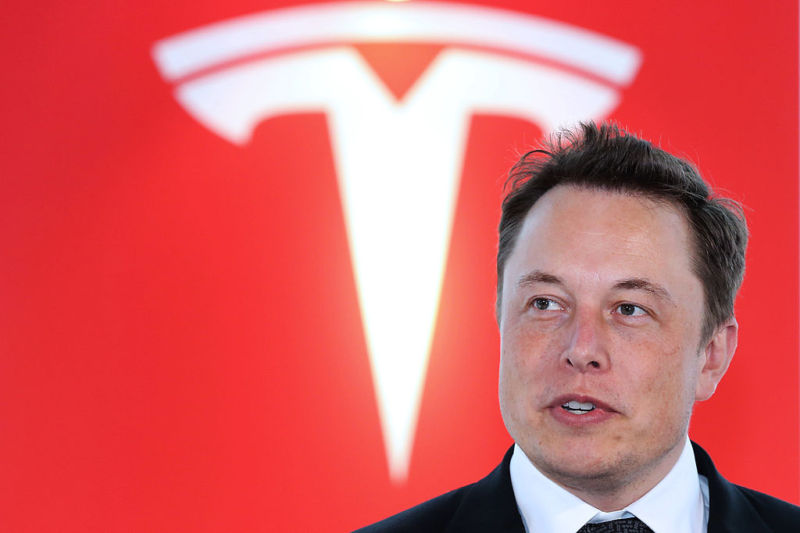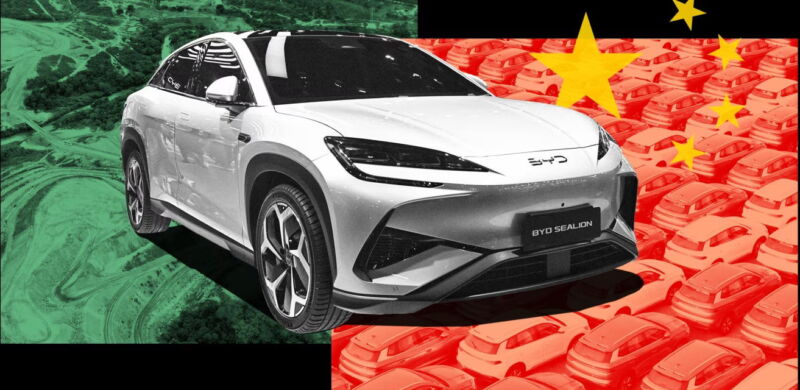YouTube tries convincing record labels to license music for AI song generator

Enlarge (credit: Chris Ratcliffe/Bloomberg via Getty)
YouTube is in talks with record labels to license their songs for artificial intelligence tools that clone popular artists’ music, hoping to win over a skeptical industry with upfront payments.
The Google-owned video site needs labels’ content to legally train AI song generators, as it prepares to launch new tools this year, according to three people familiar with the matter.
The company has recently offered lump sums of cash to the major labels—Sony, Warner, and Universal—to try to convince more artists to allow their music to be used in training AI software, according to several people briefed on the talks.






